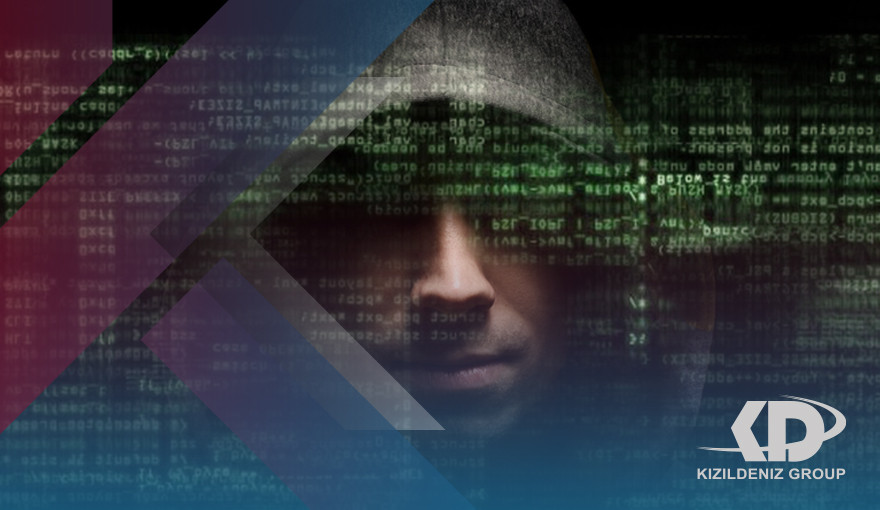What is the specialty of Forensic Computer Crimes:
Computer forensics (also known as computer forensic science) is a branch of digital forensic science related to evidence found in computers and digital storage media. The goal of computer forensics is to examine digital media in a criminally sound manner with a view to identifying, preserving, recovering, analyzing, and presenting facts and opinions on digital information. Although it is often associated with the investigation of a variety of computer crimes, forensic computer medicine can also be used in civil proceedings. Discipline includes similar data recovery techniques and principles, but with additional guidelines and practices designed to establish a legal audit path.
Evidence from forensic computer investigations is usually subject to the same guidelines and practices as other digital evidence. It has been used in a number of high-profile cases and has become widely accepted as reliable within American and European court systems.
History of Forensic Computer Crimes Specialization:
In the early 1980s, personal computers became accessible to consumers, leading to their increased use in criminal activity (for example, to help commit fraud). At the same time, several new "computer crimes" (such as hacking) have been identified. The forensic computer system emerged during this time as a way to retrieve digital evidence and investigate it for use in court. Since then, computer and computer crimes have grown, jumping by 67% between 2002 and 2003, and are now used to investigate a variety of crimes, including child pornography, fraud, espionage, online stalking, murder, and rape. The system also appears in civil proceedings as a form of information gathering (for example, electronic discovery)
Forensic techniques and expert knowledge are used to explain the current state of the digital artifact, such as a computer system or storage medium (such as a hard disk or CD) or an electronic document (such as an e-mail message or a JPEG image). The scope of forensic analysis can vary from retrieving simple information to reconstructing a series of events. In a 2002 book entitled "Computer Forensics," authors Cross and Heyzer defined computer forensics as including "the preservation, identification, extraction, documentation, and interpretation of computer data," and continued to describe this specialization as "art rather than science," suggesting that forensic methodology is supported by flexibility and extensive knowledge of the field. However, while many methods can be used to extract evidence from a particular computer, the strategies used by law enforcement are rather rigorous and lack the flexibility that exists in the civilian world.
The importance of studying the specialty of Forensic Computer Crimes:
From a technical point of view, the main objective of computer forensics is to identify, collect, preserve and analyze data in such a way as to preserve the integrity of the evidence collected so that it can be used effectively in a legal case.
Forensic Computer Crimes courses:
- Introduction to Forensic Computers.
- Cybercrime.
- Cyber criminology.
- Current issues in cyber law.
- Computer forensic file systems.
- Engineering secure operating systems.
- Forensic Analysis in Windows Environment
Fields of work for the Forensic Computer Crimes major:
- Computer forensics investigator.
- Criminal computer technician.
- Information security analyst.
- Information Systems Security Analyst.
- Forensic computer analyst.
- Security consultant.
Best Universities for Business Management in Turkey:
- İstanbul Uskudar University
 FR
FR AR
AR
 Next one
Next one